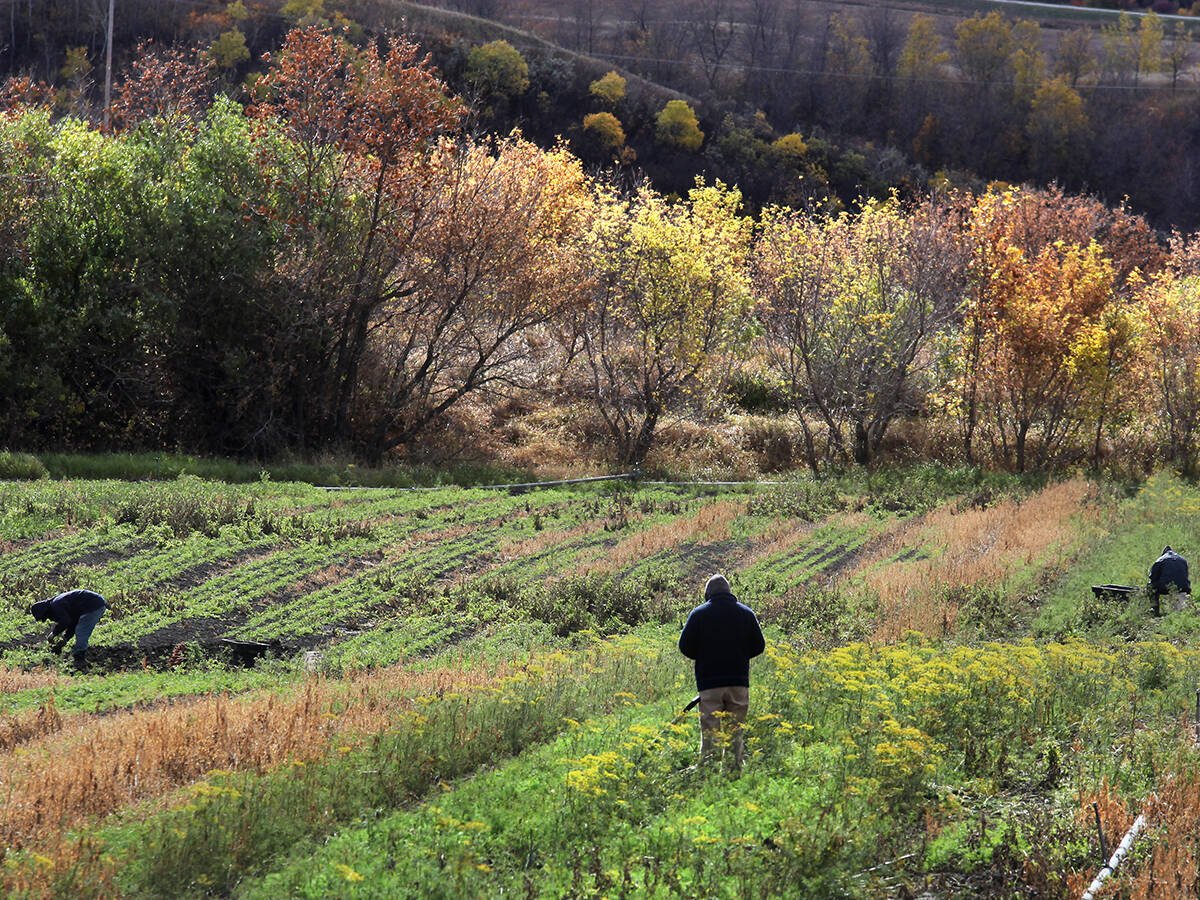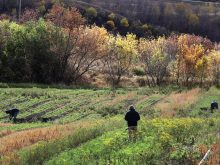The various kinds of abuse are easy to describe. In my program for abusive men, we talked about many kinds of abuse: physical, emotional, verbal, psychological or sexual. But it is much easier to talk about the kinds of abuse than it is to take a good look at what abuse
really is.
We can all likely find ourselves, at some time in our lives, guilty of abusive behavior to someone in our lives. In my column two weeks ago, I stressed that the best antidote to abuse is
Read Also

Employers required to harvest harmony, cultivate respect
Employers, including those in the agricultural industry, must ensure a safe, healthy and respectful workplace for everyone.
respect. When we have
respect, we don’t tend to express disrespect.
Abuse is an abuse of power. It involves controlling what is not yours to control, or violating a position of trust.
Power is different than authority. We all need to exercise authority in life, hopefully first over ourselves, over those whom we supervise at work and over our children during the formative years of their lives.
When some people become infirm and unable to deal with certain aspects of their life, their caregivers or family need to have the authority to handle these for them.
Elder abuse occurs when people go beyond reasonable use of authority, and take power and control over the lives of people who are facing limitations caused by aging.
Abuse can occur in institutions, although now, with proper supervision of private homes, and standards of practice and ethics in public ones, such incidents have declined significantly.
Elder abuse occurs when anyone goes beyond the use of authority and steps into a situation where their power and their control comes before the well-being of the older person. It can occur in many forms and we need to be sensitive to it, vigilant for it and prepared to react in a concerned and orderly manner if we suspect it.
Elderly people may receive physical abuse by neglect or may be harmed by active physical aggression. They are also subject to emotional abuse, being disrespected and put down, called abusive names and being treated in a derogatory manner.
Another type of emotional abuse of the elderly is discounting their feelings, especially those of frustration when a slowly failing physical body or failing concentration doesn’t allow them to handle things as fast as younger people.
Another feeling that is often discounted is the older person’s feeling of self-respect, something that others stomp on when they take over any aspect of an older person’s life.
Despite recognizing and compensating for these problems, it is important that the elderly person’s feelings of loss and grief are recognized and respected.
Elderly people may be subject to social abuse, mainly through being excluded from activities just because they are old. Isolating people is abusive, and it can happen easily with the elderly.
Thankfully, the improvement in facilities for the physically handicapped in public buildings, private buildings and churches, is making these places accessible for those who have physical limitations.
Financial abuse is a growing problem with the elderly, both by con artists who use telephone fraud and scams to steal money from the elderly, but also from some family members who manipulate the finances of the elderly for personal advantage.
Some may rationalize their actions by the belief “but, I’m going to inherit it anyway.”
In next week’s column, I will write about causes of elder abuse and ways we can do something about it.
If any older persons wish to share any examples of elder abuse they have experienced in their life, I’d be happy to share it in future columns, with all identity carefully disguised to guarantee anonymity.














